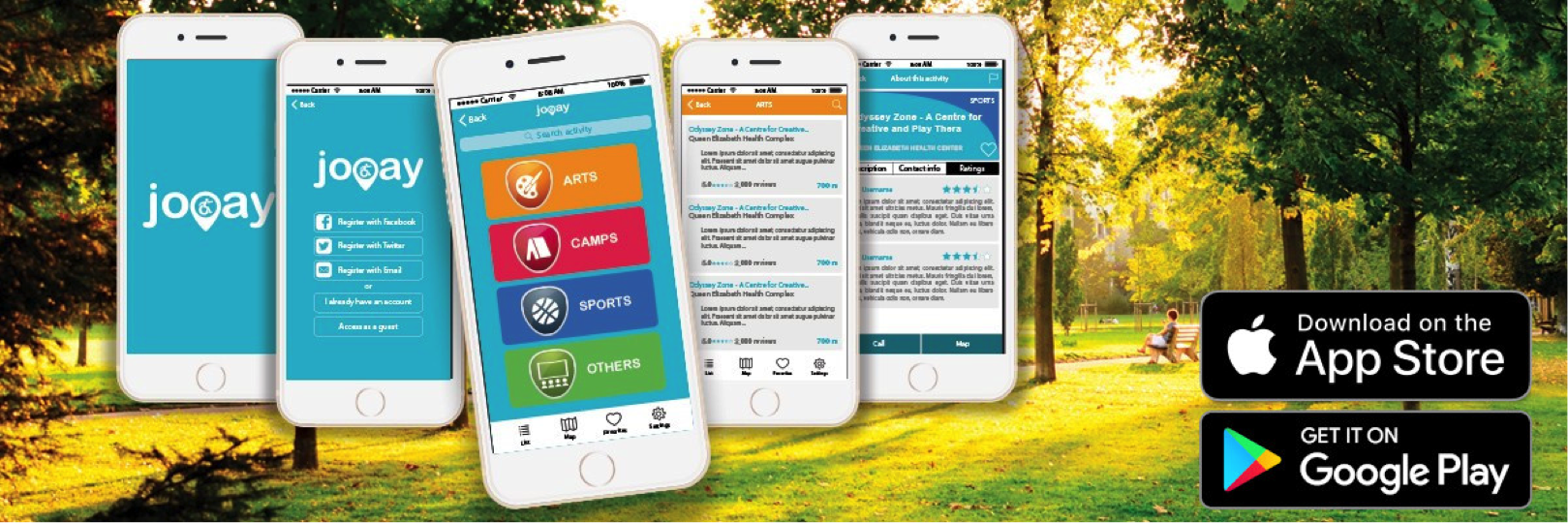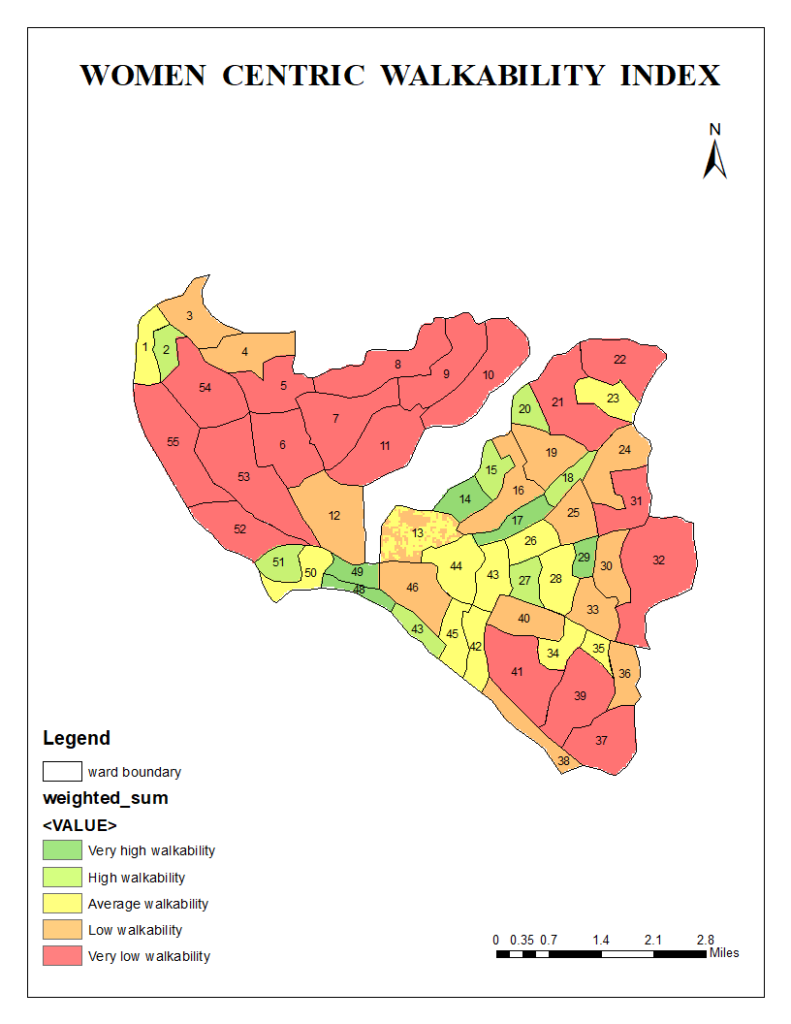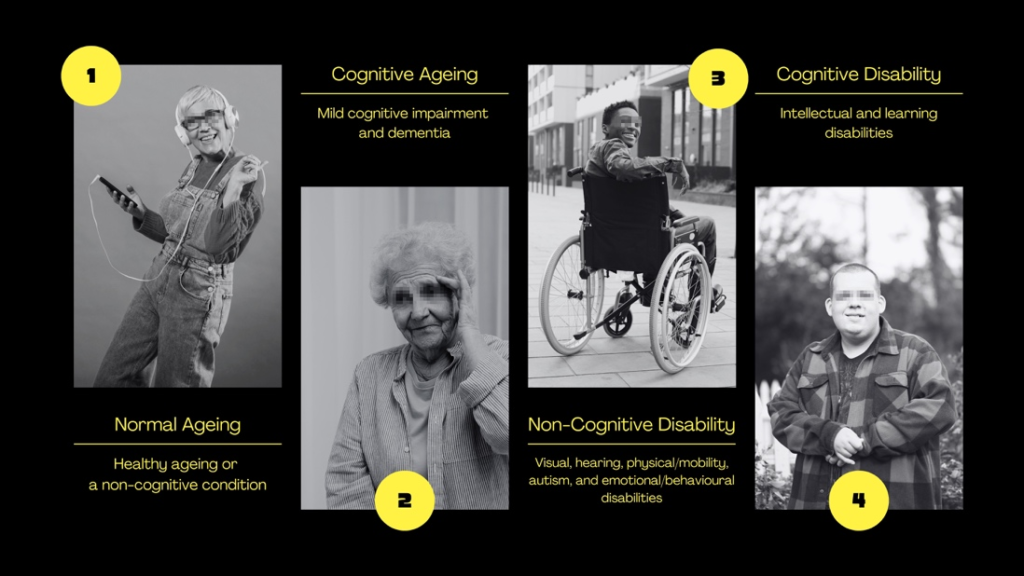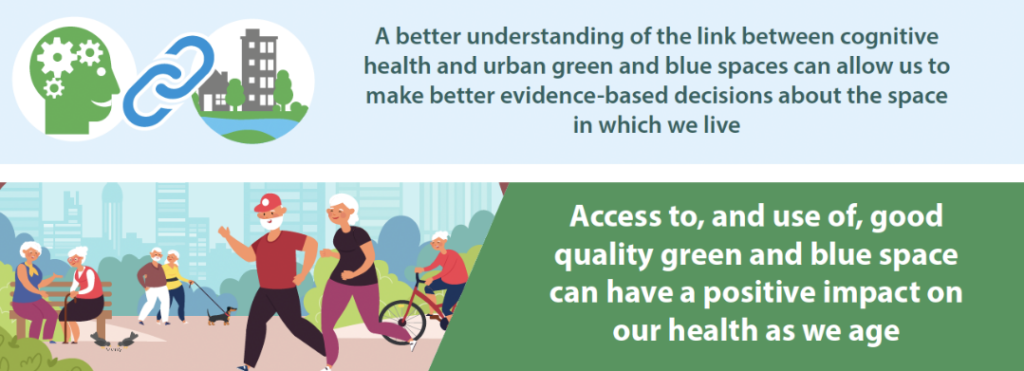City Know-hows

Target audience
Urban health implementers, Impact investors, City governments, Technologists, Digital health innovators and Childhood disability advocates
The problem
Monitoring neighbourhood-level access to resources, services and programmes, can help to improve health equity in communities. With the proliferation of digital applications, big data approaches have shown some promise in capturing access to such resources such as green spaces, housing, amongst others. However, it is often difficult to capture resources such as programmes that are not spatially observable and as such, “offline” and pre-populated records are often used to gather such data.
What we did and why
We explored linking “online” data from a digital listing of inclusive physical and leisure activity programs to data on neighbourhood-level deprivation, firstly to explore insights on the relationship between both factors, and secondly, to explore how to strengthen novel approaches for capturing equity in access to health-promoting programs.
Our study’s contribution
Past evidence gathering and stakeholder engagement efforts have noted the need for a wider range of activities, staff training and resources to accommodate varying sensory and behavioural challenges of Canadian children with disabilities. However to our knowledge, this is the first effort to systematically collect data on actual adapted and inclusive programmes offered on a large scale and covering a broad geographical area, informed by a purposeful and crowd-sourced database as opposed to individual reports.
Impacts for city policy and practice
City-level policy makers and practitioners should note varying dimensions of access, of target populations, and of deprivation in using crowdsourced data to evaluate access to health promoting resources. Additionally, crowdsourced data collection should consider how characteristics of the design team, and analytical and interpretive assumptions may influence results.
Further information
Jooay app: Connecting children and youth with disabilities to leisure. A free app that helps children with disabilities and their families to locate leisure opportunities that are: close to where they are, accessible, suit their needs and abilities, match their preferences, can help them develop and participate in society.
Full research article:
Using crowdsourced data to assess the relationship between neighbourhood-level deprivation and the availability of inclusive leisure programmes in Canadian cities by Ebele R.I. Mogo, Luca Martial, José A. Correa, Annette Majnemer & Keiko Shikako.
Related posts

This study introduces the Women-Centric Walkability Index, addressing factors influencing women’s walking experiences in urban areas. Analyzing fifty-five wards in Kollam Corporation, Kerala, we identified key indicators like well-maintained sidewalks, street lighting, safety measures, and access to public amenities that enhance women’s walkability. Using the Analytical Hierarchy Process and GIS analysis, our research highlights the need for safer, more accessible, and comfortable walking environments for women, benefiting all pedestrians.

Thailand has spent 16 years developing design guidelines for the elderly and people with disabilities. Still, accessible design for cognition remains inadequate for the impending super-aged society. This mismatch emphasises a critical failure in design planning that demands urgent improvement.

It is known that environmental exposures can have negative effects on brain health. We reviewed all the literature examining the effects of environmental exposures on cognitive health. There is a paucity of research on the effects of urban planning, particularly regarding things like active travel and green space accessibility.